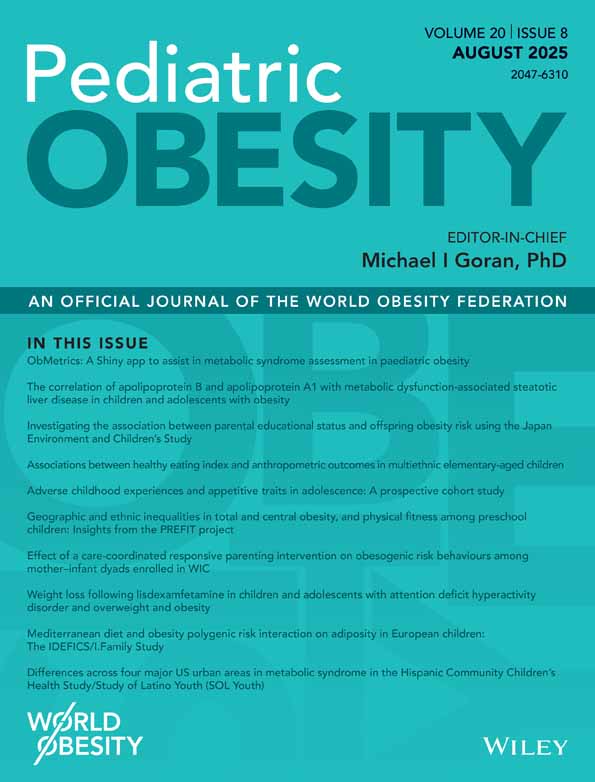Associations between pedagogues attitudes, praxis and policy in relation to physical activity of children in kindergarten – results from a cross sectional study of health behaviour amongst Danish pre-school children
Abstract
This paper reports on associations between physical activity, pedagogue's attitudes towards promoting physical activity and the physical activity policies (PAP) in kindergarten. The paper deals with data on physical activity of 3–6 year olds in kindergarten which originates from a cross-sectional study conducted in 2006 among all Danish kindergartens. A questionnaire of 48 questions based on pedagogues assessment regarding the health related polices and praxis in kindergarten and the attitudes of pedagogues was mailed (n = 4200) to all institutions in the country. In total, 1149 kindergartens and 693 integrated institutions returned the survey. The results show a relation between pedagogue's attitudes towards promoting children's physical activity and the number of children having moderately intense physical activity for at least one hour a day. The study also shows a positive association between policies and pedagogue's attitudes towards promoting children's physical activity and the number of days that pedagogues initiated games that made the children physically active. The study suggests that the social and organizational environment in the kindergarten is an important determinant for the level of physical activity among children. This means that the individual norms and attitudes of pedagogues along with the collective intentions and values expressed in written and adopted organizational policies (a Physical Activity Policy - PAP) are important aspects to be worked upon if kindergarten should play an active role in the promotion of healthy lifestyle among kindergarten aged children. Strong municipal and institutional leadership as well as educational interventions in the curricula of pedagogues could be important ways to bring about such change.




